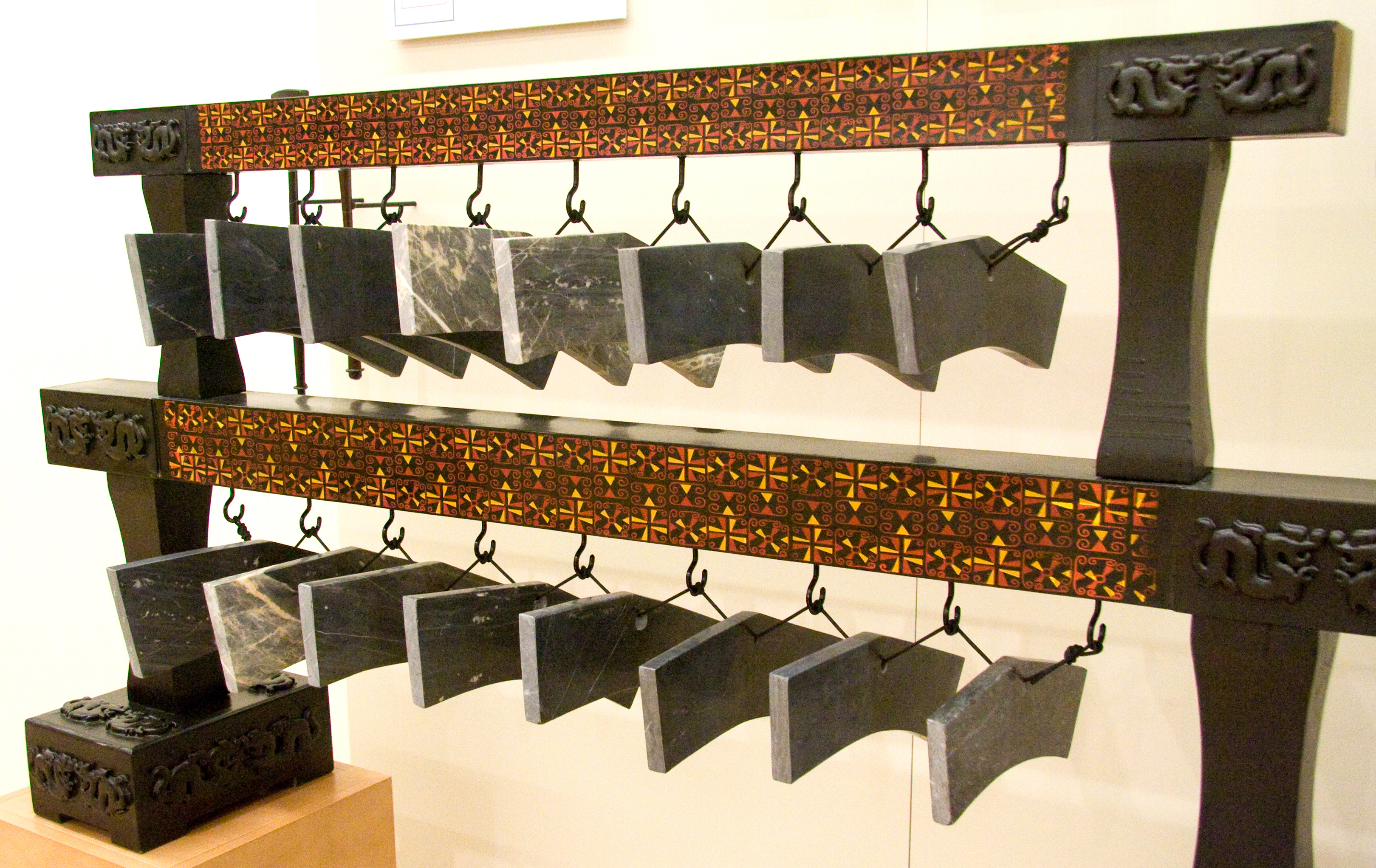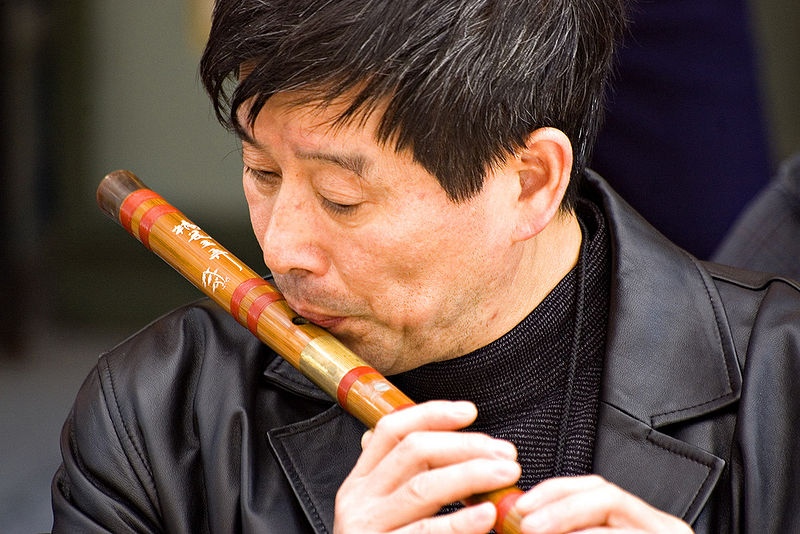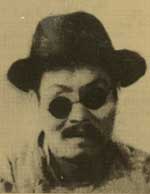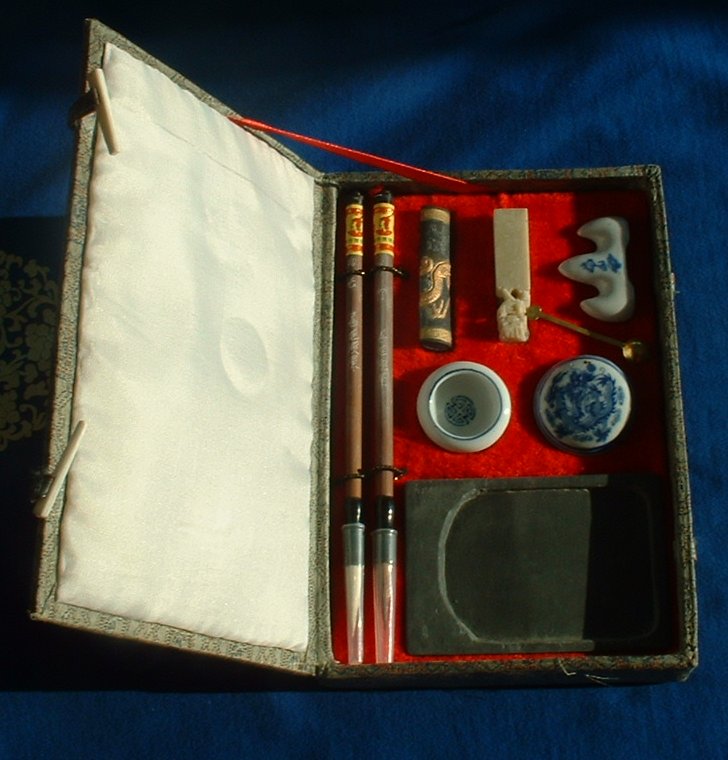Who said I forgot my hometown?
Source. TODO singer, composer. Starts with: 谁说我把故乡遗忘, 梦中我又回到故乡 (Who said I forgot my hometown? I go back to my hometown in my dreams.)The best instrumental songs: Section "The best Chinese traditional instrumental music"
In the process of moving out of: cirosantilli.com/china-dictatorship/music
Bibliography:
- Ciro Santilli's YouTube playlist: www.youtube.com/playlist?list=PLcZOZrP1P_V5J2P3ogZNpya0BAuPEgyuE
- Reddit:
- www.reddit.com/r/classicalmusic/comments/op54d5/traditional_chinese_music_recommendations_helpful/ "Traditional Chinese Music Recommendations & Helpful Sources" by
_AsyA_(2021). This user knows a bit as shown in description. - www.reddit.com/r/China/comments/1ejy8jw/how_to_get_into_traditionalclassical_chinese_music/ "How to get into traditional/classical chinese music?" by Ultimate_CockSucker (2024)
- www.reddit.com/r/Chinese/comments/150sf4y/what_are_some_really_good_traditional_chinese/ "What are some really good Traditional Chinese music artists?" by Flimsy-Assumption513 (2023)
- www.reddit.com/r/classicalmusic/comments/op54d5/traditional_chinese_music_recommendations_helpful/ "Traditional Chinese Music Recommendations & Helpful Sources" by
Wang Jin beats Gao Qiu theme music from The Water Margin featuring a suona solo
. Source. This is a good place to start your journey, though it misses a lot, and some songs are not as memorable as others, there is huge variability in that list.
The Ten Most Famous Melodies in Ancient China
. Source. A single video with a collage of all ten songs.The main four instruments are undoubtedly:but there is also amazing content on others which must not be missed, including:
Infinite Wikipedia instrument list: en.wikipedia.org/wiki/List_of_Chinese_musical_instruments
25 musical instruments OF China by Learning Music Hub
. Source. Great video, covers all the most important ones briefly with examples of varying relevance.A beginner’s guide to Chinese musical instruments by SCMP
. Source. 2024. Terrible editing, way to hard to see instrument name.Running water performed on the bianqing
. Source. TODO performer, composer, date, location... Accompanied by guzheng. This piece seems to be the one hit wonder of the bianqing! A shame, because it sounds great.Introducing Chinese Music and Musical Instrument - stone chime by MTSU Center for Chinese Music and Culture
. Source. The best ones:
Dream of the Red Chamber 1987 red bean music
. Source. A Baidu Baike page: baike.baidu.com/item/红豆曲/81032Dream of the Red Chamber 1987 flesh and blood song
. Source. A Baidu Baike page: baike.baidu.com/item/分骨肉/8602788A blind erhu street performer playing in Jingzhou, Hubei (2006)
Source. Playing the erhu is a traditional occupation for blind people in China, a notable example being Abing.baike.baidu.com/item/江河水/1634212 Baidu Baike page. Originally composed for two pipes, but was later adapted to the erhu in 1962 by Huang Haihuai.
Water of the Yangtze performed on the erhu by Min Huifen
. Source. Chinese title: 江河水. Accompanied by a yangqin.www.ibiblio.org/chinese-music/html/traditional.html contains an amazing orchestral version for di flute TODO identify! When attempting to upload to YouTube, it identifies as "Su Wu Tending the Sheep" and give a name "Chen Tao", but no further information. Chen Tao is presumably this dude: www.barduschinamusic.org/chen-tao-dizi | www.melodyofdragon.org/chentao.html 陈涛
baike.baidu.com/item/苏武牧羊/5532#11_2 mentions that it comes from an erhu concerto composed by Peng Xiuwen
The sadness of the erhu perfectly fits the role and mood of the story! Brilliant!
Once Ciro Santilli played Suwu herding sheep while his mother in law was around, and she quickly pointed out:He's very popular!
Suwu by Abing!
Stringless guqin fan painting by Feng Chaoran (1943)
Stolen traight from www.silkqin.com/10ideo.htm on silkqin.com:Wind in the pines and a babbling brook are nature's melody. A qin was brought along, but there is no need to play it
en.wikipedia.org/w/index.php?title=Bo_Ya&oldid=1150295883#The_story_about_Zhiyin:
Bo Ya was good at playing the qin. Zhong Ziqi was good at listening to the qin. When Bo Ya's will was towards high mountains in his playing, Zhong Ziqi would say, "How towering like Mount Tai!" When Bo Ya's will was towards flowing water in his playing, Zhong Ziqi would say, "How vast are the rivers and oceans!" Whatever Bo Ya thought of Ziqi would never fail to understand. Bo Ya said, "Amazing! Your heart and mine are the same!" After Zhong Ziqi died, Bo Ya broke his Guqin because he thought that no one else can understand his music.
Bibliography:
Holy crap amazing list of Guqin pieces by the guy for MP3 download! www.silkqin.com/06hear.htm And the explanations are insane. What a dude. Ciro Santilli's hero.
Download all MP3:
wget -r -np -l 1 -A mp3 http://www.silkqin.com/06hear.htmCiro Santilli Contacted John by email in 2019 telling him to put his stuff on YouTube and offering help, and he replied, but nothing came of it unfortunately. Edit: he uploaded a bunch of videos of him playing live in 2020! www.youtube.com/user/silkqin/videos
John focuses on playing the tunes in a "historically informed performance", in particular using silk strings rather than metal ones which are used by most modern artists: www.silkqin.com/08anal/hip.htm
But there is an awesome guzheng adaptation which is perhaps better known in modern times, partly because it is not as long/slow. TODO origin.
High Mountain and Flowing Water performed on the guzheng by Xiang SiHua (2000)
Source. Performer Chinese name: 項斯華韦编三绝 is a chengyu that means "to study diligently", i.e. to read so much to the point that your book starts to wear down.
There is a Chinese Wiki page for this song: zh.wikipedia.org/wiki/韦编三绝 which says it dates from the early Qing dynasty
Lit: fish timber question answer.
The dialog is also known as allegory for an incredibly deep philosophical discussion between an idealized wise woodcutter and a fisherman, e.g. mentioned at: www2.kenyon.edu/Depts/Religion/Fac/Adler/Writings/Fisherman%20and%20Woodcutter.pdf
This song is just too slow for Ciro Santilli to make much out of it.
Bibliography:
Dialog between Fisherman and Woodcutter Chinese traditional painting by Xie Shichen
. Dialog between Fisherman and Woodcutter performed by Wu Jinglüe
. Source. Accompagnied by di flute to reinforce the idea of two voices. This one has TODO year.www.facebook.com/131402556881886/posts/655763214445815/ gives an origin:The silkqin.com entry: www.silkqin.com/04qart/07sqmp/57ls.htm does not mention this however.
Li Sao was composed by Cheng Kangshi in late Tang dynasty based on the poem Li Sao, authored by Qu Yuan (340-278 BC) in the Warring States period of ancient China.
Li sao performed by Guan Pinghu
. Source. Track from Master Of Traditional Chinese Music: guqinIt is easy to get this piece wrong. Two many videos on YouTube play it too fast. Zhang Ziqian plays perfecly, with slightly inconsistent timing, perfectly simulating the drunkard.
Bibliography:
Jackdaw Playing With Water performed by Xu Lingzi on the guzheng at the Wiener Musikverein
. Source. A Baidu Baike page: baike.baidu.hk/item/層層水瀾/12386243 mentions that the score was published in 1970 by Tao Yimo (陶一陌) in a eponymous score book.
TODO identify better:
Ambush from ten sides performed live by Liu Dehai
. Source. The sound quality is not great, but you do get to see the master. TODO location and date.God this song.
White snow in sunny spring performed by Liu Dehai
. Source. From the 1996 album: "A Collection of Chinese Music Masterpieces: Pipa": www.amazon.com/Collection-Chinese-Music-Masterpieces-Pipa/dp/B000QZYN8E TODO recording date.Composed by Wang Huiran in 1960.
The Yi people are one of the 55 Chinese ethnic minorities officially recognized by the Chinese government.
Dance of the Yi People performed by Liu Dehai
. Source. From the album Chinese Plucked Instruments: Vol. 2 - Fishermen’s Song At South Sea: www.amazon.co.uk/Chinese-Plucked-Instruments-Fishermens-South/dp/B001HUECZQ (2004)Dance of the Yi People performed by Wu Man (2021)
Source. Presented by the Aga Khan Music Program.The explosive moments presumably represent the intense rowing action of a dragon boat race competition.
TODO date composed.
One of the most flashy chinese musical instrument!
Wang Jin beats Gao Qiu theme music from The Water Margin
. Source. General's command performed by Mi Xuanye
. Source. Chinese title: 将军令. Baidu Baike page: baike.baidu.com/item/将军令/2884897.The most important publisher, AKA "CRC Jianian". TODO meaning of Jianian?
Chinese government owned unfortunately.
Their website takes forever to load: www.china-crc.com.cn/, and features mostly Communist shit, and I can't find the decent traditional music listed there.
One thing to try is an Amazon advanced search by label "China Record Co": www.amazon.com/s?i=digital-music&rh=p_33%3AChina+Record+Co&s=relevancerank&Adv-Srch-MP3-Submit.x=42&Adv-Srch-MP3-Submit.y=4&unfiltered=1&ref=sr_adv_m_digital
Lyrics: 1983 by Wang Jiazhen.
Music: 1995 by Hu Xiaohuan.
Lyrics:
门前大桥下
In front of the door, under the bridge快来快来数一数
Quickly come count them二四六七八
Two, four, six, seven, eight咕嘎咕嘎
Quack, quack, quack赶鸭老爷爷
Old man herding ducks (The documentary Most Dangerous Ways To School - Vietnam for example shows a fantastic example of a person herding ducks on a river in Vietnam)胡子白花花
with a shinning white beard唱呀唱着家乡戏
He sings his hometown opera (TODO this deserves further invetigation and examples)还会说笑话
and he can also tell jokes小孩,小孩
Children, children快快上学校
quickly go to school
Articles by others on the same topic
There are currently no matching articles.


















